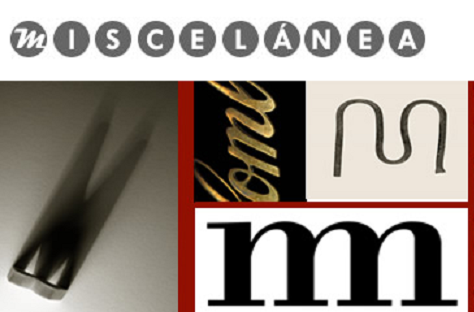The Denotative-Referential Dimension of Lexical Items
DOI:
https://doi.org/10.26754/ojs_misc/mj.199611041Abstract
This paper defends the hypothesis that, along with the notion of Argument Structure, which encodes the lexical-conceptual properties of lexical predicates (i.e. the idea that the verb eat, for instance, takes two arguments, an Agent—the eater—and a Theme—the thing that is eaten—as shown in Peter ate the pizza), there is a second dimension to the meaning of lexical items. This level, which we call Denotative-Referential Structure, is concerned with the way words are embedded in the larger syntactic context (i.e. the phrase) that contains them, and are referentially constrained within that context. It is argued that this dimension must be kept separate from Argument Structure both technically and conceptually. The general theoretical framework is that of Generative Grammar and more specifically the set of assumptions that constitute Government and Binding Theory.
Display downloads
References
CHOMSKY, N. 1970. “Remarks on Nominalization.” In Readings in English Transformational Grammar. Ed. R. Jacobs et al. Waltham (MA): Blaisdell. 184-221.
- - -. 1981. Lectures on Government and Binding. Dordrecht: Foris.
- - -. 1986. Barriers. Cambridge (MA): MIT Press.
DI SCIULLO, A. M., and E. WILLIAMS. 1987. On the Definition of Word. Cambridge (MA): MIT Press.
GONZALEZ ESCRIBANO, J. L. 1991. Una teoría de la oración. Oviedo: Universidad de Oviedo, Servicio de Publicaciones.
FREGE, G. 1962. Estudios sobre semántica. Barcelona: Ariel.
GRIMSHAW, J. 1990. Argument Structure. Cambridge (MA): MIT Press.
HAEGEMAN, L. 1991. Introduction to Government and Binding Theory. Cambridge (MA): Blackwell.
HIGGINBOTHAM, J. 1985. “On Semantics.” Linguistic Inquiry 16: 547-593.
LEBEAUX, D. 1986. “The Interpretation of Derived Nominals.” Chicago Linguistic Society 22: 231-247.
LEES, R. 1960. The Grammar of English Nominalizations. The Hague: Mouton.
MURASUGI, K. G. 1990. “The Derivation of Derived Nominals.” MIT: Manuscript.
RADFORD, A. 1988. Transformational Grammar. A First Course. Cambridge, England: Cambridge UP. DOI: https://doi.org/10.1017/CBO9780511840425
SPROAT, R. W. 1985. On Deriving the Lexicon. Doctoral Dissertation. Cambridge (MA): MIT.
VAN HOUT, A. 1990. “Deverbal Nominalization: Object versus Event-Denoting Nominals. Implications for Argument and Event Structure.” Manuscript. Tilburg University. DOI: https://doi.org/10.1075/avt.8.10hou
WILLIAMS, E. 1980. “Predication.” Linguistic Inquiry 11: 208-238.
- - -. 1981. “Argument Structure and Morphology.” Linguistic Review 1: 81-114. DOI: https://doi.org/10.1515/tlir.1981.1.1.81
- - -. 1982. “The NP Cycle.” Linguistic Inquiry 13: 277-295.
ZUBIZARRETA, M. L. 1987. Levels of Representation in the Lexicon and in the Syntax. Dordrecht: Foris. DOI: https://doi.org/10.1515/9783110859928
Downloads
Published
Issue
Section
License
Copyright (c) 1996 Benilde Graña López

This work is licensed under a Creative Commons Attribution-NonCommercial 4.0 International License.


